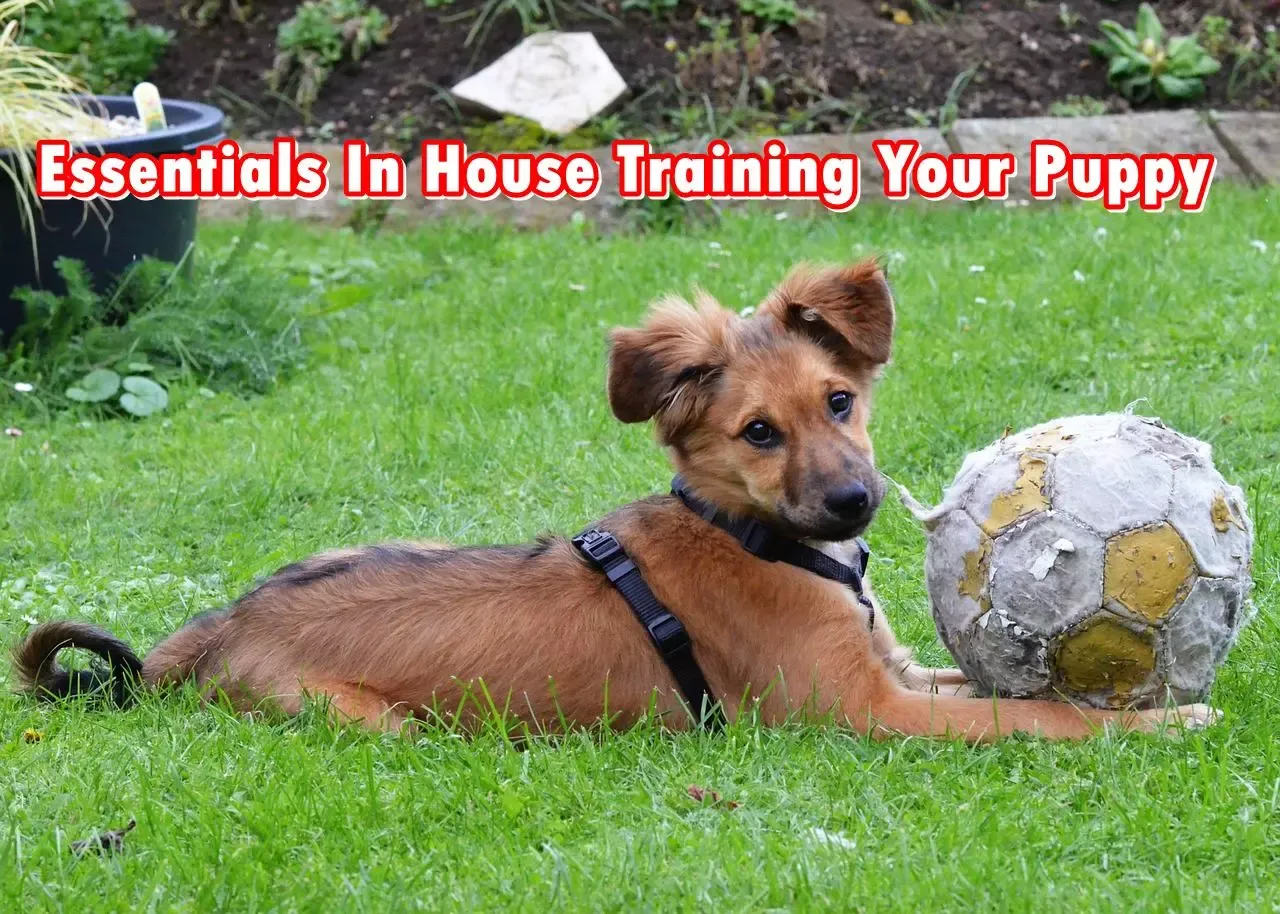Essentials In House Training Your Puppy
 |
| House Training Puppy |
The first thing every new puppy owner should know before bringing a puppy into the house is how to house train them. Any puppy can be house trained. It takes work though, and most puppies don’t become house trained by just letting them out several times a day. You are going to have to stay dedicated in order to train your new puppy properly.
To start, there are eight essential points you should follow while training your puppy. Keeping at these will make the housetraining process go much easier. In fact, you will be amazed at how much easier this process will go by following these points.
Keep your puppy in their crate when you can’t watch them so they won’t relieve themselves when they are not supposed to or while you aren’t looking. (You can use a puppy pen or baby gate instead if you don’t have a crate). The results are the same.
Keep a close eye on your puppy when they are out of the crate, pen or the room with the baby gate.
Feed them a high quality diet at scheduled times and limit treats.
Take your puppy to their potty spot when you come home, right after they eat, and when they wake.
Teach them to potty on command by saying “go potty” and then “good puppy!” Do this in an excited tone of voice while they are actually going.
Make sure you clean up your puppy’s accidents right away. Remove all of the mess and use a disinfectant and a neutralizer.
Never correct your puppy after they have had an accident.
Make sure you keep a log of your puppy’s habits as to where and when they pooped or peed, and when and how much they ate and drank.
Most puppies leave their litter and come to their new home at about eight weeks old. At this age, they eat and drink a lot, and are limited as to being able to control their elimination. They also don’t comprehend that it is important to control themselves in their new home.
Their feeding and potty times should be adjusted to help them become house trained as soon as possible. Even when your puppy is at four months old and looks like they are fully developed, you should still expect them to behave like a puppy. Keeping them on a schedule is very important.
In order to house train your puppy effectively, there must be a schedule established which works for your family. By sticking to a schedule which has fixed times of eating, sleeping, exercising and potty times, you will help your puppy learn the rules very quickly. This will keep your household happy and running smoothly.
A couple of common problems while house training your puppy are they forget to go when they are outside, or they take forever to go.
Leashing your puppy will help you keep them moving and sniffing in the right area and help speed up the process. If you can tell that your puppy is about to become distracted from doing their business, use a light quick jerk on the leash as you slowly move around the potty area yourself.
If in five minutes you don’t get the results you are looking for, take your puppy back in the house and put them in their crate or pen for ten minutes. Soon they will have to go and you can reward them for going outside in their potty spot.
You should only give your puppy a few minutes to potty. If you give them fifteen minutes they are likely going to want to take twenty five the next time. After a couple of minutes, put him back in their crate or pen long enough to make them thankful for the next opportunity to go outside and potty.
Again, make them earn their rewards such as playtime, by going potty first and playing afterward. Having potty breaks will take less time if they learn to associate the first act of walking outside with the act of doing their business.
As you take the time to work with your new puppy and teach them the above techniques, you will begin to see that house training your puppy is very easy, not to mention rewarding to both you and your new member of the family.
Read also:
- How to House Train a Puppy ? It’s All About Timing
- The Most Successful Secret Tips on How to House Train a Puppy

Comments
Post a Comment